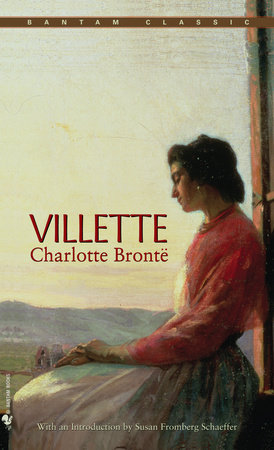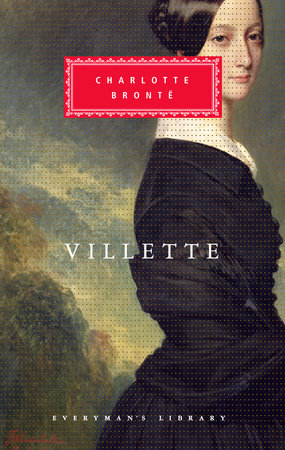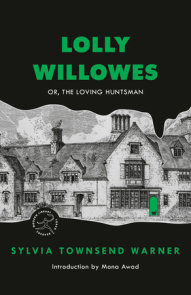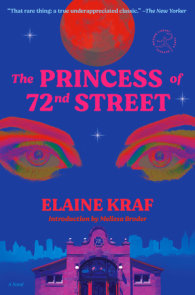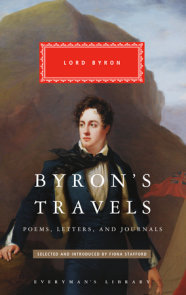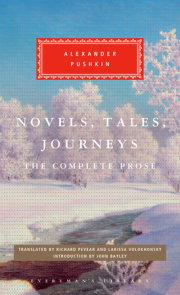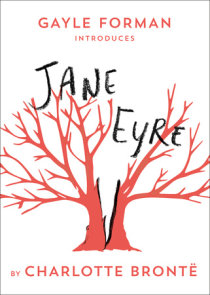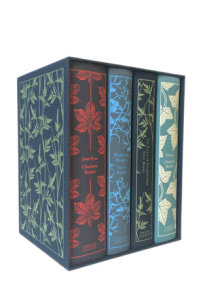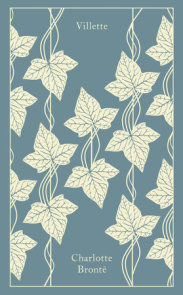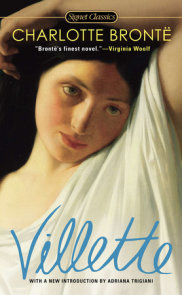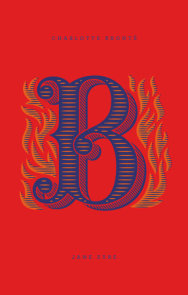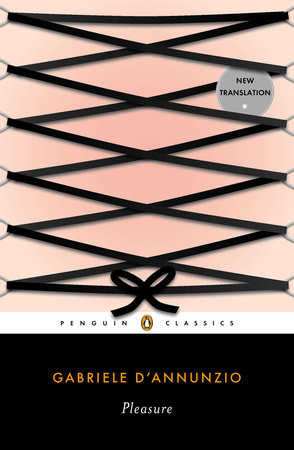

Add to Bookshelf
Villette
By Charlotte Bronte
By Charlotte Bronte
By Charlotte Bronte
Introduction by Weike Wang
By Charlotte Bronte
Introduction by Weike Wang
By Charlotte Bronte
By Charlotte Bronte
By Charlotte Bronte
Introduction by Lucy Hughes-Hallett
By Charlotte Bronte
Introduction by Lucy Hughes-Hallett
By Charlotte Bronte
By Charlotte Bronte
By Charlotte Bronte
Introduction by Weike Wang
By Charlotte Bronte
Introduction by Weike Wang
Best Seller
Part of Vintage Classics
Part of Modern Library Torchbearers
Part of Everyman's Library Classics Series
Part of Modern Library Torchbearers
Category: Classic Fiction | Literary Fiction
Category: Classic Fiction | Literary Fiction
Category: Classic Fiction | Literary Fiction
Category: Classic Fiction | Literary Fiction
Category: Classic Fiction | Literary Fiction
Category: Classic Fiction | Literary Fiction

Paperback
$17.00
Apr 07, 2009 | ISBN 9780307455567
-
$17.00
Apr 07, 2009 | ISBN 9780307455567
-
$14.00
Oct 09, 2001 | ISBN 9780375758508
-
$5.95
Oct 01, 1986 | ISBN 9780553212433
-
$24.00
Mar 10, 1992 | ISBN 9780679409885
-
May 01, 2007 | ISBN 9780553903997
-
Jan 07, 1999 | ISBN 9780679640080
YOU MAY ALSO LIKE
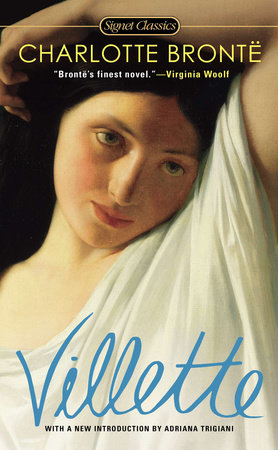
Villette
Paperback
$5.95
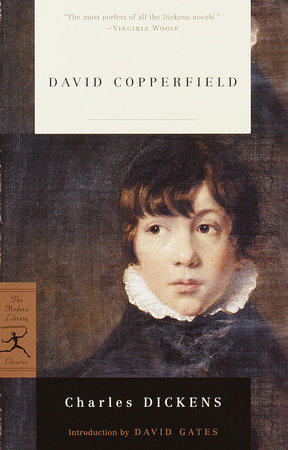
David Copperfield
Paperback
$12.00
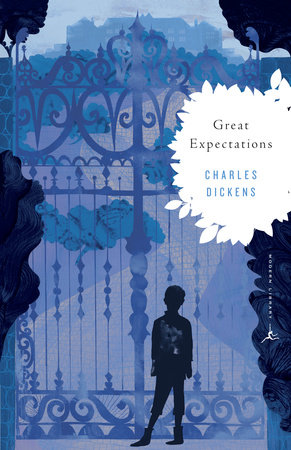
Great Expectations
Paperback
$11.00
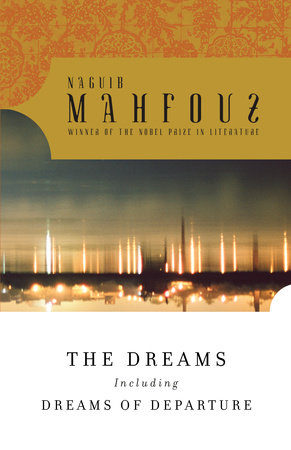
The Dreams
Paperback
$15.00
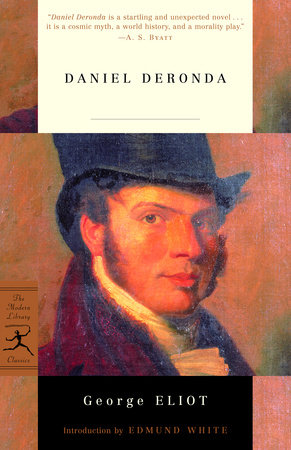
Daniel Deronda
Paperback
$11.00
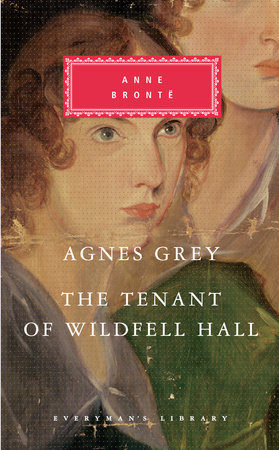
Agnes Grey, The Tenant of Wildfell Hall
Hardcover
$32.00
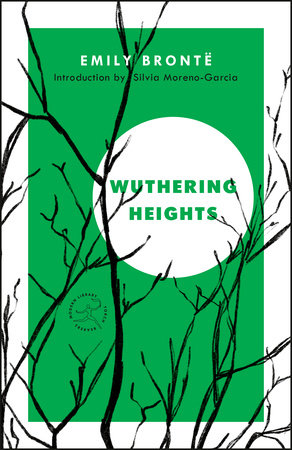
Wuthering Heights
Paperback
$8.00
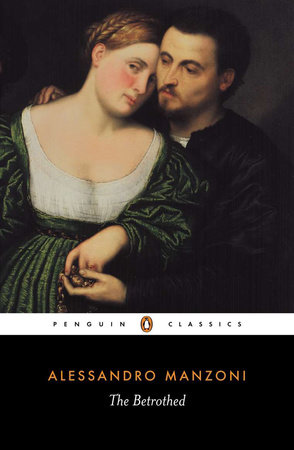
The Betrothed
Paperback
$20.00
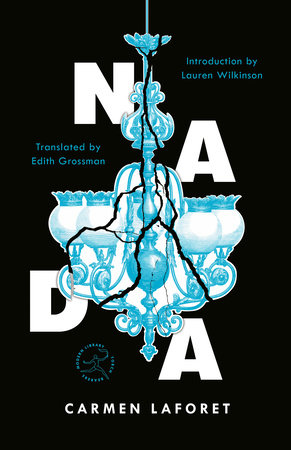
Nada
Paperback
$18.00
×
Become a Member
Just for joining you’ll get personalized recommendations on your dashboard daily and features only for members.
Find Out More Join Now Sign In









